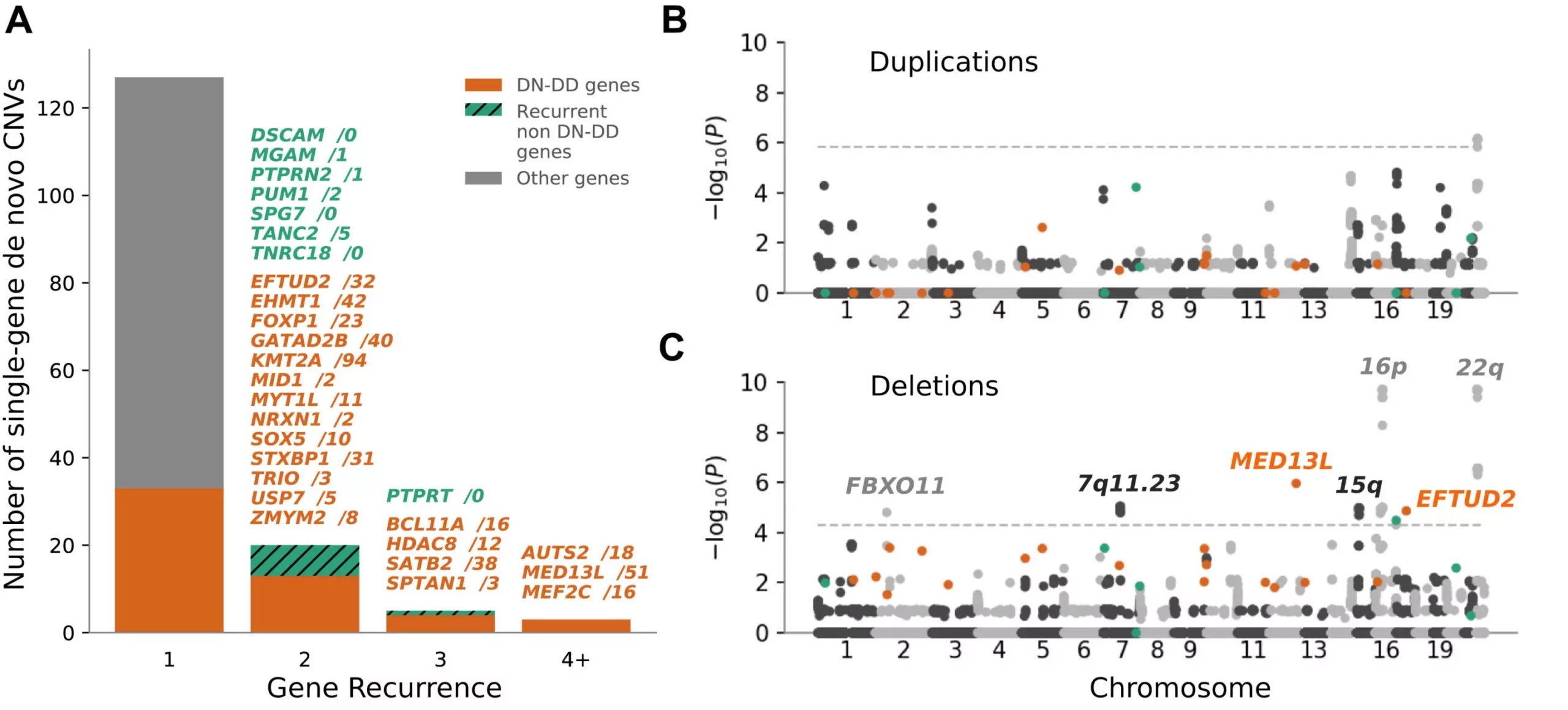Rare developmental disorders in children often present a challenge in terms of accurate and timely diagnosis. The current two-step approach utilized for diagnosing these disorders may soon be replaced by a more efficient and cost-effective single genetic test. Researchers from the Wellcome Sanger Institute, the University of Exeter, and the University of Cambridge have conducted a groundbreaking study that could potentially revolutionize the field of genetic testing.
The study, recently published in Genetics in Medicine, highlights the effectiveness of using exome sequencing as a single-step diagnostic tool. Exome sequencing focuses solely on protein-coding DNA and has proven to be as accurate, if not better, than standard microarrays in identifying disease-causing structural genetic variations. This new approach offers the promise of earlier diagnoses for families and significant cost savings for healthcare systems, such as the NHS.
Changes in the genetic code, ranging from single-letter alterations to larger copy number variations (CNVs), can lead to various neurodevelopmental disorders in children. These CNVs, which include deletions or duplications of DNA, are often challenging for clinical teams to detect and interpret. While microarrays are commonly used to detect these large-scale variations, the new single-assay approach developed in the study has shown promising results in accurately identifying pathogenic mutations.
By combining four algorithms and utilizing machine learning methods to analyze exome sequencing data, researchers were able to detect 305 large-scale pathogenic mutations, including 91 that were previously undetectable using standard clinical microarrays. This breakthrough could potentially streamline the diagnostic process for children suspected of having rare genetic diseases, eliminating the need for multiple tests and reducing wait times for families seeking answers.
Professor Caroline Wright from the University of Exeter emphasizes the significance of simplifying genetic testing, making it more affordable and accessible to a wider population. The findings of the study suggest that using exome sequencing data for detecting both large-scale changes and small genetic variants could represent a major advancement in genetic diagnostics. With further research and advancements in computational methods, a single genetic test may soon become the standard in diagnosing rare developmental disorders.
The shift towards a single-genetic test for diagnosing rare diseases marks a significant step forward in genetic medicine. The collaborative efforts of researchers from leading institutions have paved the way for a more efficient, accurate, and cost-effective approach to diagnosing genetic disorders in children. As technology continues to advance, the widespread adoption of exome sequencing in clinical practice could offer hope for families seeking answers and support in managing rare developmental disorders.

